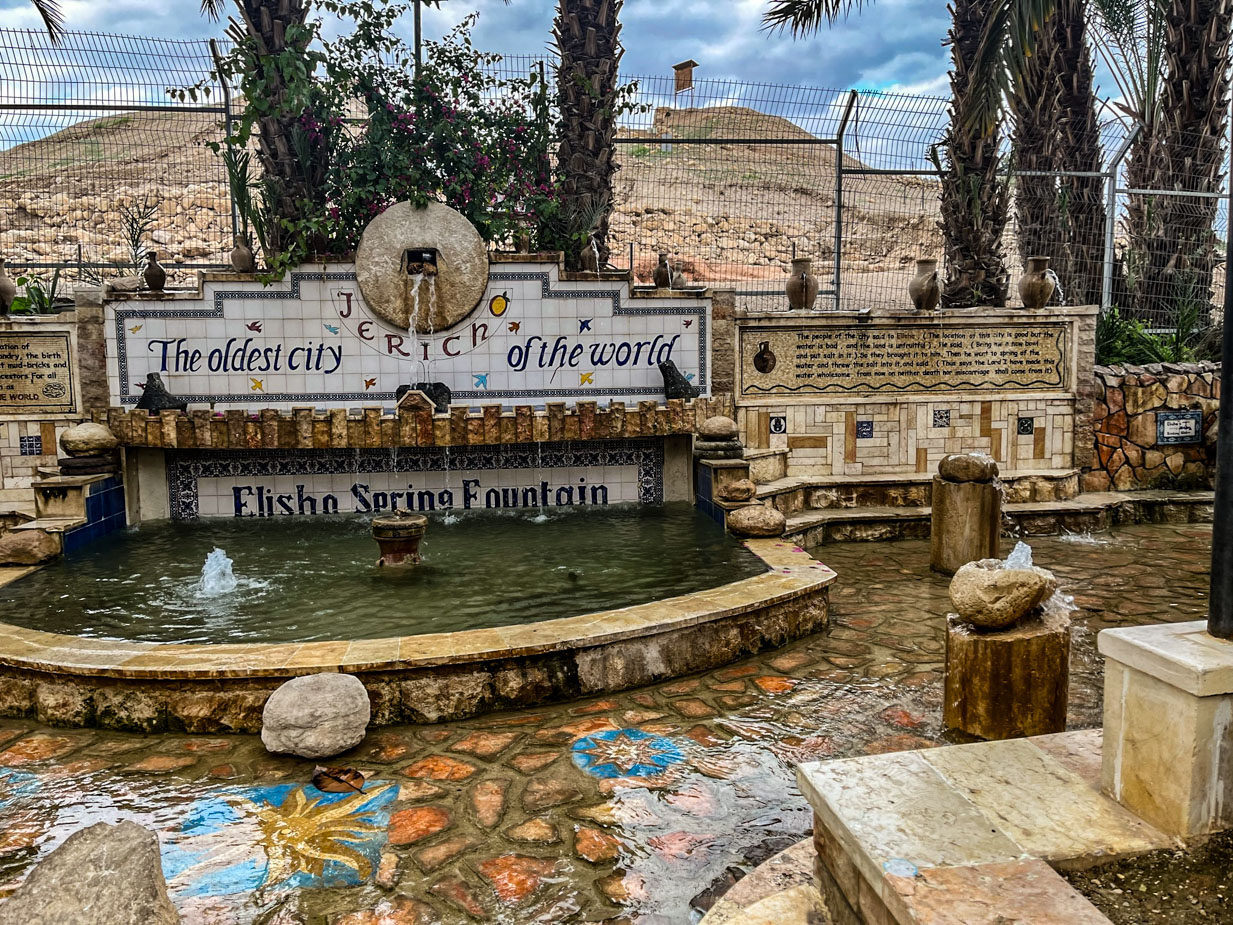

 ©Michael Player
©Michael Player
Chapter 4:1-8 (ESV) - When Mordecai learned all that had been done, Mordecai tore his clothes and put on sackcloth and ashes, and went out into the midst of the city, and he cried out with a loud and bitter cry. He went up to the entrance of the king's gate, for no one was allowed to enter the king's gate clothed in sackcloth. And in every province, wherever the king's command and his decree reached, there was great mourning among the Jews, with fasting and weeping and lamenting, and many of them lay in sackcloth and ashes.
When Esther's young women and her eunuchs came and told her, the queen was deeply distressed. She sent garments to clothe Mordecai, so that he might take off his sackcloth, but he would not accept them. Then Esther called for Hathach, one of the king's eunuchs, who had been appointed to attend her, and ordered him to go to Mordecai to learn what this was and why it was. Hathach went out to Mordecai in the open square of the city in front of the king's gate, and Mordecai told him all that had happened to him, and the exact sum of money that Haman had promised to pay into the king's treasuries for the destruction of the Jews. Mordecai also gave him a copy of the written decree issued in Susa for their destruction, that he might show it to Esther and explain it to her and command her to go to the king to beg his favor and plead with him on behalf of her people.
Question to consider: Why did Mordecai put on sackcloth and cover himself with ashes?
On some level, the book of Esther sounds like a fireside story where the villain is overtly villainous, and the king is powerful but stupid, and the actions taken seem over the top with drama. However, its drama doesn’t negate the seriousness of the situation. It may seem over the top that Haman wanted to annihilate the Jews because one man refused to bow down to him, but we live in a time when there are people who desire to do that very thing. It may seem dramatic that the king could be manipulated in this way, but we certainly have foolish leaders today who are easily and dramatically swayed by propaganda. It may seem crazy that a notice would go out in different languages that warn of the coming destruction, but modern day Israel recently dropped similar flyers from helicopters warning Palestinians to flee the Gaza strip. There’s really nothing about this scene that doesn’t seem like it could be played out today.
Distributing flyers ahead of time to warn of a coming destruction spoke to the sovereignty of the distributor. It was as if to say, “We will be taking these actions, and there is nothing you can do to stop us.” It’s meant to create despair. Rather than falling into despair, Mordecai cries out with sackcloth and ashes. The word “sackcloth” often seems to drum up images of someone wearing an old burlap potato or grain sack. While I don’t know exactly what it looked like, it would have been similar to the camel’s hair clothes that were worn by John the Baptist and Elijah. It was always done along with marking oneself with ashes.
I know that the ashes were an expression pointing us to the fact that we are dust, and because of sin, we will one day return to dust. Since the ash referred back to the creation of Adam, it stands to reason that the sackcloth would symbolize the clothing fashioned by God for Adam and Eve after they rebelled against Him. The entire action was meant to be a plea of mercy from God for the forgiveness of sins and deliverance from calamity.
Even though God is not directly invoked in the book of Esther, these actions and fasting suggested that Mordecai and those who followed suit were appealing to God for deliverance rather than giving into despair.
Esther, under the original advice of Mordecai, had hidden the fact that she was a Jew so her first reaction was to try to stop the unwanted attention. Mordecai’s response was to make sure she knew about the horrible plot against her people and to ask her to come out of hiding and address the king even though to do so would result in the death of most people. However, Mordecai was banking on the fact that Esther was not “most people”, and by God’s grace may gain the attention of the king in an effort to change the decree.
Dear heavenly Father, thank You for being an ever present help in times of trouble and for keeping us from the calamity that we deserve. May we always come before You with contrite hearts and a desire to repent of our sin and turn to You. Amen.